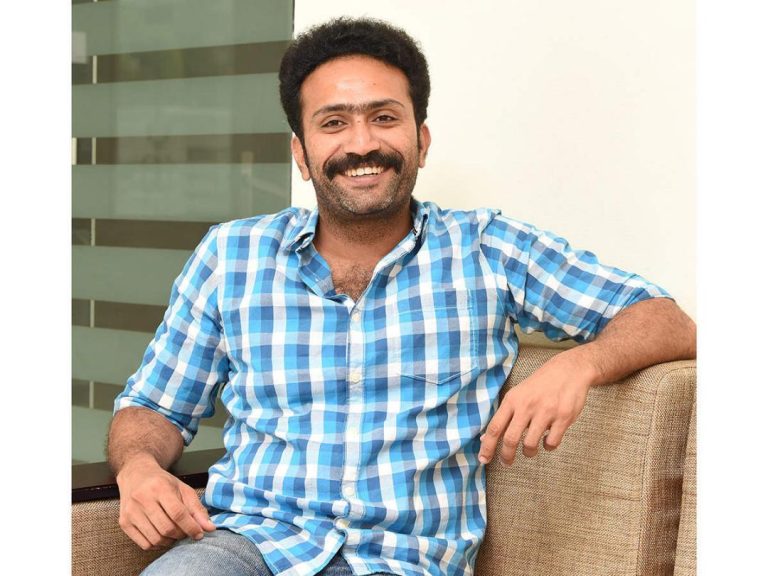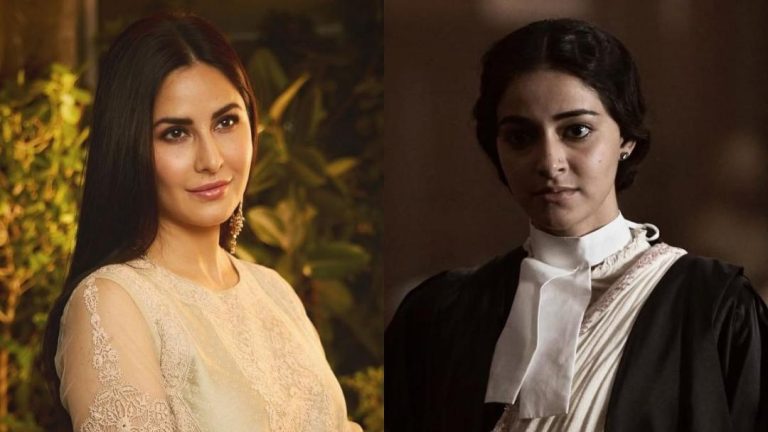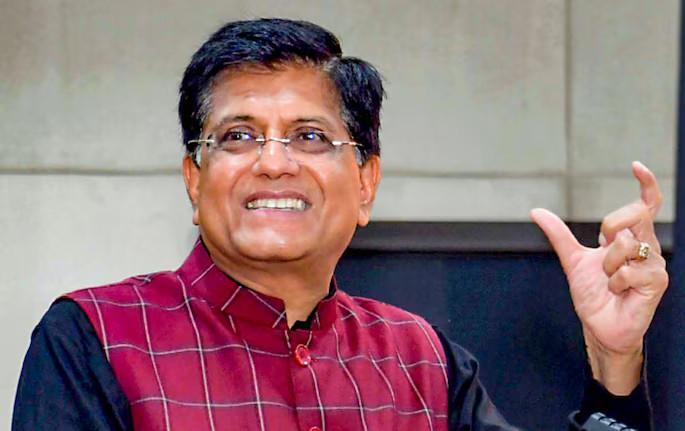
An Uncle Would Give Chocolates, Make Me Sit on His Lap: Chahatt
Childhood is a time of innocence, curiosity, and trust. It’s a phase where children rely heavily on the adults around them for guidance, care, and protection. Unfortunately, not all adults live up to these expectations, and some use their positions of power to manipulate and exploit children. Actress Chahatt Khanna, known for her role in the popular TV show “Bade Achhe Lagte Hain,” recently opened up about her disturbing childhood experience with molestation.
In an interview with a leading entertainment portal, Chahatt shared how an elderly man in her society would try to molest her when she was just a child. The man would make her sit on his lap, give her chocolates, and make her feel special. Chahatt recalled, “He used to make me sit on his lap and give me chocolates. I didn’t think much of it back then.” Her words convey a sense of naivety and vulnerability, which is a common trait among children who are victims of molestation.
It’s not uncommon for children to blindly trust adults, especially those who are close to them or hold positions of authority. In Chahatt’s case, the elderly man was someone who was well-known in her society, making it even more difficult for her to recognize the inappropriate nature of his behavior. However, it was only when one of her friends accused him of molestation that Chahatt realized the gravity of the situation.
The aftermath of the incident must have been traumatic for Chahatt, as she struggled to come to terms with the fact that someone she trusted had betrayed her trust. It’s a painful experience that can leave deep scars, affecting a person’s emotional well-being and self-esteem. Chahatt’s decision to speak out about her experience is a testament to her courage and resilience.
Molestation is a heinous crime that can have long-lasting effects on its victims. It’s a violation of a child’s rights and a breach of the trust that’s placed in them. The perpetrator’s actions can leave a child feeling ashamed, guilty, and responsible for the abuse. It’s essential to recognize the signs of molestation and take immediate action to prevent such incidents from happening.
Chahatt’s experience serves as a reminder that molestation can happen anywhere, even in our own neighborhoods or communities. It’s crucial for parents, guardians, and caregivers to be aware of their surroundings and to educate children about boundaries and appropriate behavior.
In recent years, there has been a growing awareness about the importance of speaking out against molestation and sexual harassment. The #MeToo movement has given a voice to survivors of sexual assault and harassment, empowering them to share their stories and seek justice. Chahatt’s decision to speak out about her experience is a significant step towards creating a culture of accountability and transparency.
As Chahatt’s story spreads, it’s essential to remember that the road to recovery is long and challenging. Survivors of molestation require support, understanding, and empathy to heal and move forward. It’s crucial for society to create a safe and supportive environment where survivors feel comfortable sharing their stories and seeking help.
In conclusion, Chahatt’s experience is a stark reminder of the importance of protecting children from molestation and sexual harassment. It’s a crime that can have devastating consequences, and it’s essential for us to work together to prevent such incidents from happening. By speaking out about her experience, Chahatt has taken a significant step towards creating a culture of accountability and transparency. Her courage and resilience serve as an inspiration to others who have experienced similar trauma.






